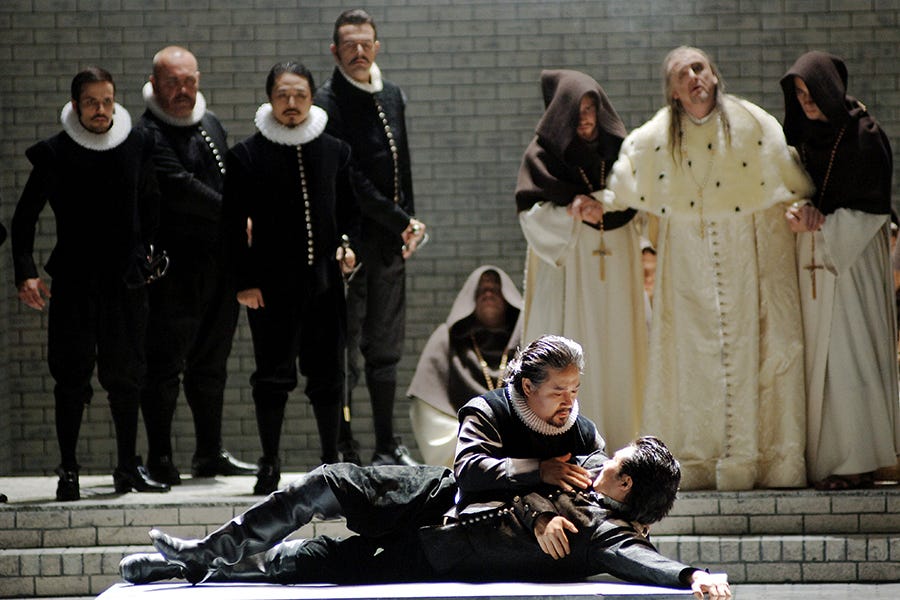David McVicar is a genuine actor's director, a director who knows how to elicit the best from his actors, but he doesn't always show it. I rarely saw his theatrical instincts at work in New York, but I did see them in Glyndebourne and Covent Garden. What conditions must be met for him to throw h…
Keep reading with a 7-day free trial
Subscribe to Leidmotief | Leitmotif to keep reading this post and get 7 days of free access to the full post archives.




